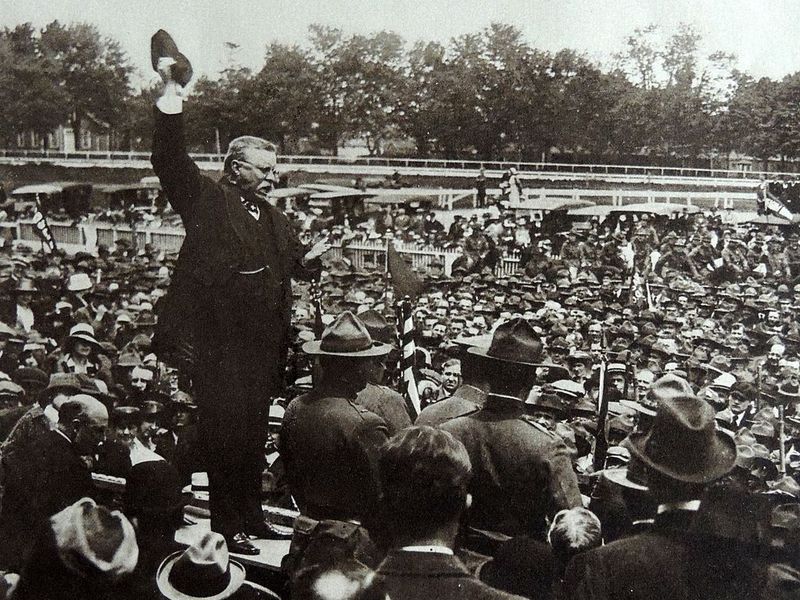Political Decision Making
Psych 223 will explore the psychology of how we decide.
Reed offers some of the most intense and intellectually stimulating undergrad courses of any college in the nation. With the November elections looming on the horizon, we’d love to take Psychology 223: Political Decision Making.
What it is:
Prof. Glenn Baker’s new course will offer an introduction to some basic concepts within social psychology, as well as principles of judgment and decision-making in order to explore human attitudes and behavior in a specific context: politics.
The course will address theories of group dynamics and attitude change and explore how and why political groups often develop and maintain extreme beliefs. This course will include exploration of the phenomena of terrorism and antisocial behavior in relation to politics, as well as bias in the context of politics. This course is anticipated to expose students to a diversity of political views inside the classroom and contain discussion of sensitive topics.
About Prof. Baker:
Prof. Baker is an expert in how people’s mental shortcuts and biases influence their decisions. “One arena in which this is especially consequential is politics,” he says. “Political partisanship and animosity towards specific political figures can bias both the way people process political information and influence consequential behaviors, such as voting.” Prof. Baker’s work focuses on decision-making and judgment, social psychology and social cognition. His lab focuses on understanding how people think about their own judgments and assess their own propensity for bias. “Although that people are biased when it comes to political judgments has been well established by researchers, to what extent people are aware of and able to prevent these biases from influencing their judgments is much less evident.”
Selections from the reading list:
- L. Mason. (2018.) Uncivil Agreement: How Politics Became Our Identity. University of Chicago Press.
- C.R. Sunstein. (2011.) Going to Extremes: How Like Minds Unite and Divide. Oxford University Press.
- L. Richardson. (2007.) What Terrorists Want. Random House.
- D. Westen. (2008.) The Political Brain. Public Affairs.
- Huddy, Sears, & Levy (Eds.) (2013.) 2nd Edition. Oxford Handbook of Political Psychology. Oxford University Press.
Related Courses:
For those interested, Prof. Baker notes that course offerings in Political Science and Economics also concern or touch on the current political landscape:
- Prof. Kimberly Clausing [Economics] and Prof. Chris Koski [Political Science] are teaching Political Science 360/Economics 260 - The Economics and Politics of 2020.
- Prof. Peter Steinberger will teach Political Science 405 - Judgment.
